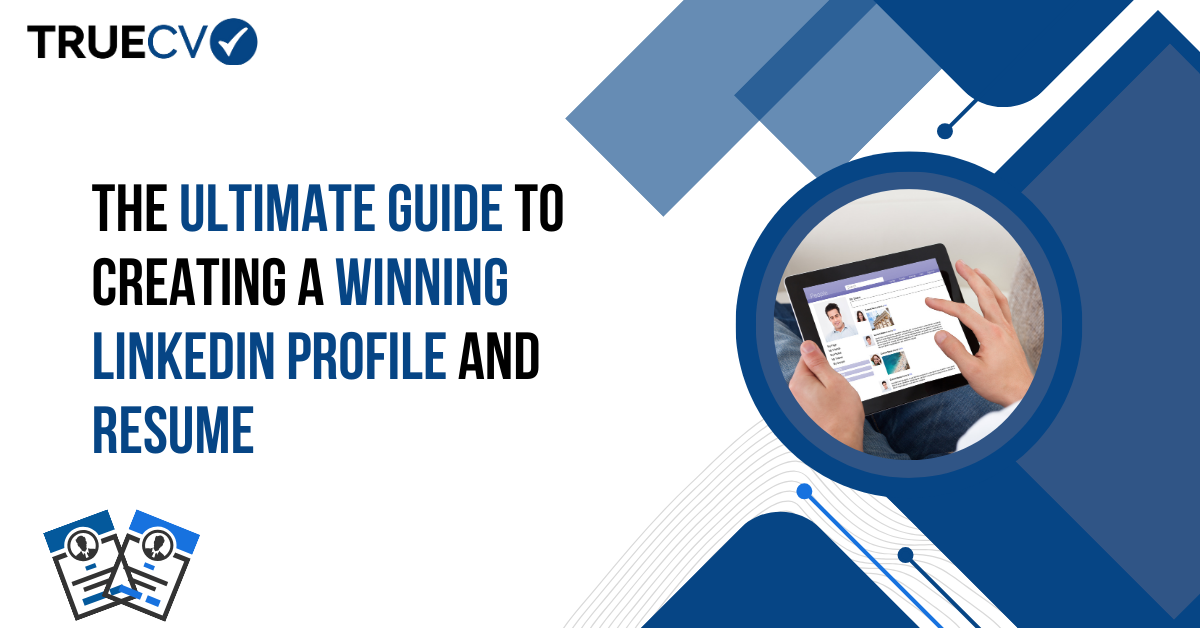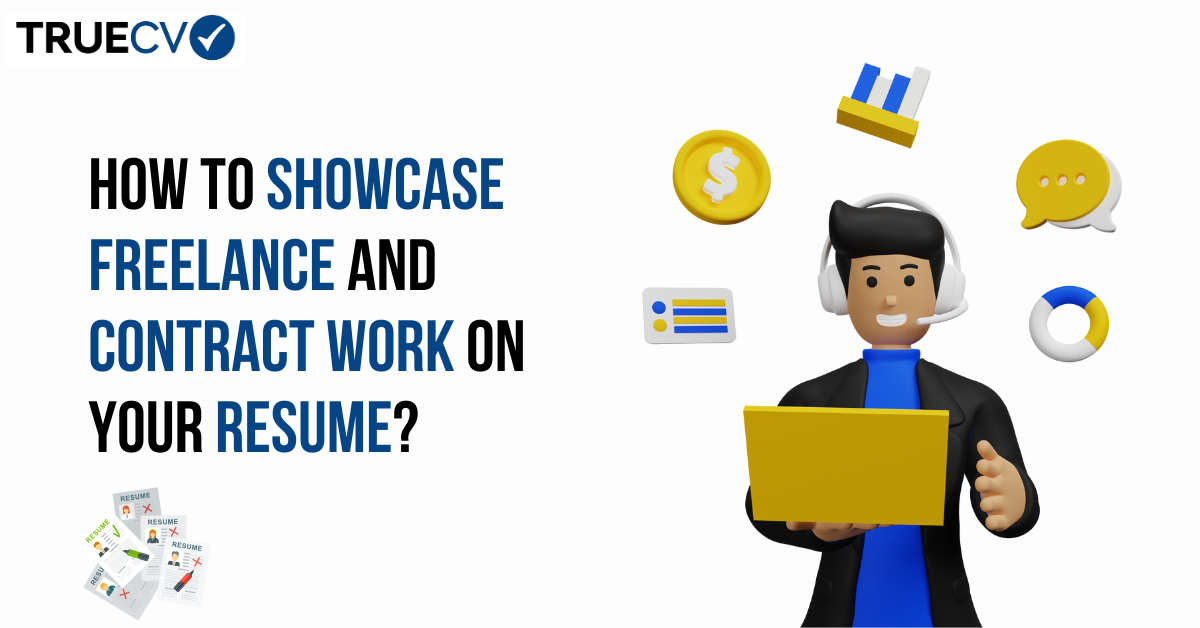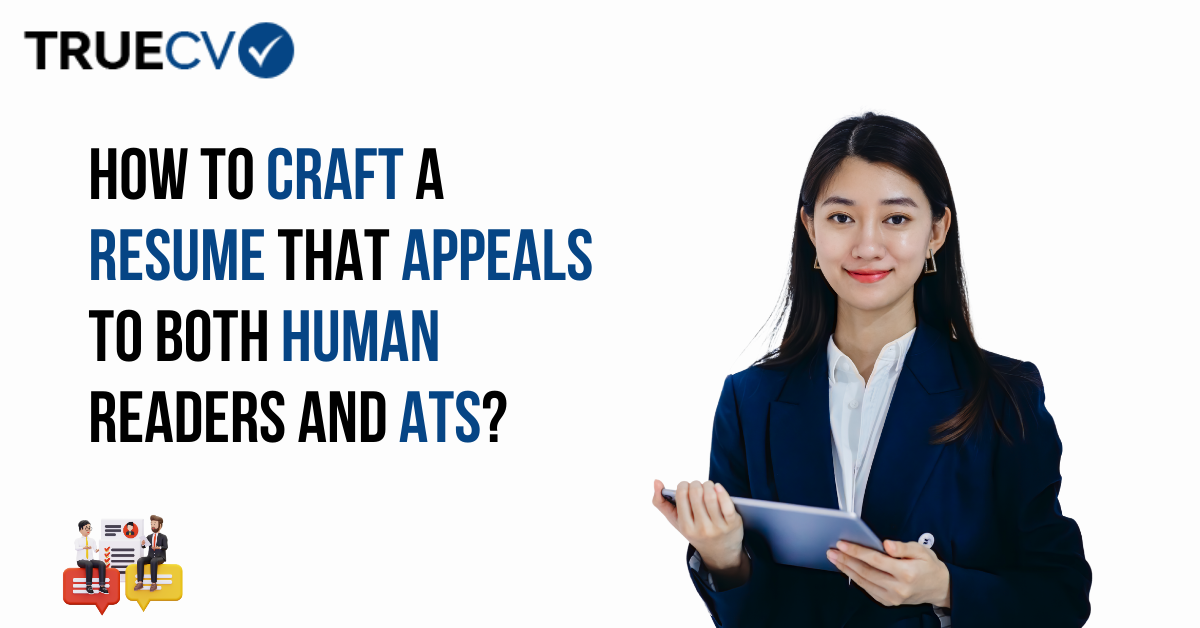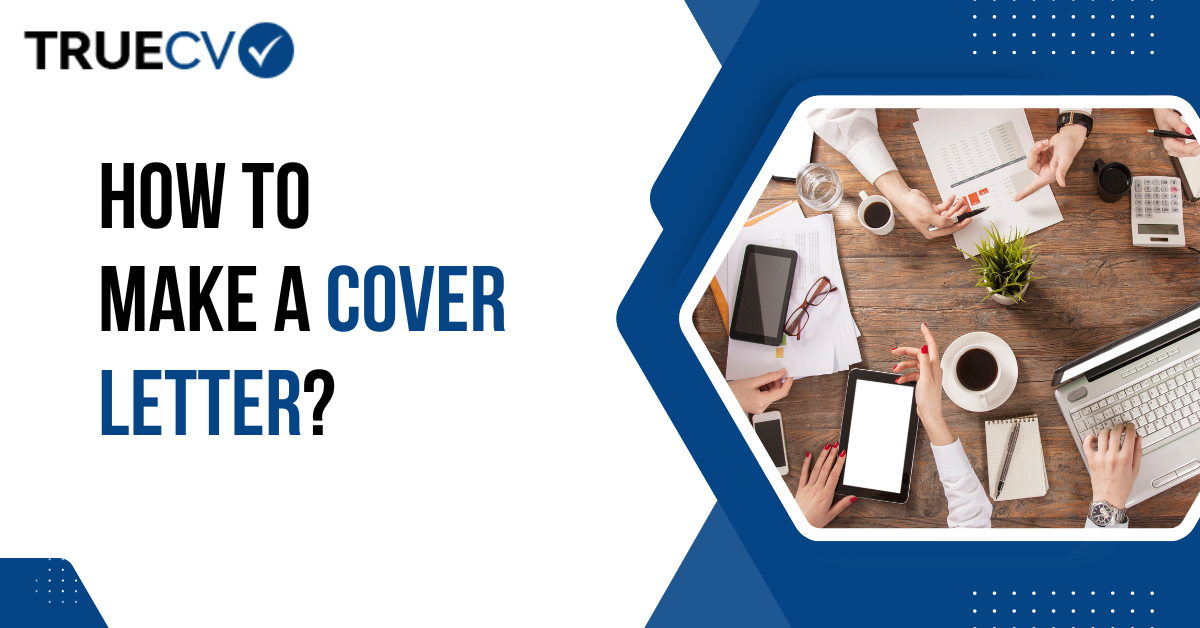
A Step-by-Step Guide to Interview Preparation With Examples
Interviews can be nerve-wracking, but the right preparation can make all the difference. Whether you're a recent graduate or a seasoned professional, this comprehensive guide will walk you through the step-by-step process of interview preparation. We'll also provide real-life examples to help you understand how to apply these strategies effectively and increase your chances of success.
Step 1: Research the Company - Get to Know Your Future Team
Before you even step into the interview room, it's crucial to research the company thoroughly. Understanding its mission, values, products, services, and recent news will not only demonstrate your interest but also enable you to have meaningful conversations during the interview.
Example: "I'm interviewing with XYZ Company, and I've learned that they prioritize sustainability and community engagement. I also noticed they recently launched a new product line, which aligns with their commitment to innovation. This shows me that I'll be working with a team that values forward-thinking and making a positive impact."
Step 2: Know the Job Description - Tailor Your Story
Study the job description carefully to identify the key responsibilities and qualifications required for the role. Then, tailor your responses to highlight how your skills and experiences align with the job. Think of it as telling a compelling story that showcases your suitability.
Example: "The job description mentions a strong need for project management skills. In my previous role at ABC Corp, I successfully managed a project that resulted in a 20% increase in efficiency. This experience demonstrates my ability to drive results, a skill that would be invaluable in this role."
Step 3: Prepare Your Answers - Be the STAR
Anticipate common interview questions and prepare your answers using the STAR method (Situation, Task, Action, Result). This approach not only helps you structure your responses but also provides a clear and concise way to convey your accomplishments.
Example: "Tell me about a time when you faced a challenge at work."
- Situation: "In my previous job, our team was consistently missing project deadlines."
- Task: "My task was to identify the root causes of these delays."
- Action: "I implemented a more efficient project management system and organized weekly team meetings to address any issues promptly."
- Result: "As a result, our team consistently met project deadlines, and productivity increased by 15%. This experience taught me the importance of proactive problem-solving."
Step 4: Dress for Success - Dress the Part, Feel the Part
Choose your interview attire wisely based on the company's culture. If in doubt, it's better to be slightly overdressed than underdressed. Remember that your appearance contributes to the first impression you make, and feeling confident in your outfit can boost your overall confidence.
Example: "Since I've researched the company culture, I know that XYZ Company leans towards a more formal dress code. I'll wear a tailored suit to the interview to make a positive impression. When I feel polished and professional, it reflects in my demeanor."
Step 5: Prepare Questions - Show Your Interest
Prepare thoughtful questions to ask the interviewer. This not only demonstrates your genuine interest in the role and company but also allows you to evaluate if the company is the right fit for you. Think of it as a two-way street.
Example: "Can you tell me more about the team dynamics within the department I'd be working with? Understanding the team dynamics is essential for me to gauge how well I'll fit into the organization."
Step 6: Practice, Practice, Practice - Build Confidence
Practice your responses with a friend, family member, or mentor. Conduct mock interviews to simulate the actual interview experience. This will help you refine your answers, build confidence, and identify areas where you can improve.
Example: "I've practiced my responses to common questions with a friend, and I feel much more confident in my ability to articulate my experiences and skills effectively. It's like rehearsing for a performance - the more I practice, the better I become."
Step 7: Plan Your Journey - Avoid Last-Minute Stress
Plan your journey to the interview location, considering traffic, public transportation, or any potential delays. Aim to arrive 10-15 minutes early to account for any unexpected hiccups. Being punctual reflects positively on your professionalism.
Example: "I've mapped out the route to the interview location and planned to arrive early to ensure I have ample time to relax before the interview. Arriving early allows me to collect my thoughts and present myself in a composed manner."
Step 8: Bring Essentials - Stay Organized
Prepare a folder with extra copies of your resume, a list of references, and any other documents requested by the employer. Being organized and having all necessary documents on hand will help you appear well-prepared and detail-oriented.
Example: "I've organized all the necessary documents in a folder, including additional copies of my resume and a list of references, in case the interviewer requests them. Being organized not only helps me but also leaves a positive impression on the interviewer."
Step 9: Stay Calm and Confident - You've Got This!
On the day of the interview, stay calm and maintain your confidence. Take deep breaths, practice mindfulness, and remember your preparation. Confidence is often the key differentiator in interviews.
Example: "I'll take a few deep breaths before entering the interview room to calm my nerves and remind myself that I've prepared thoroughly. Confidence is my secret weapon."
Step 10: Follow Up - Express Gratitude
After the interview, send a thank-you email to the interviewer, expressing your gratitude for the opportunity and reiterating your interest in the role. A well-crafted thank-you email can leave a positive lasting impression and show your professionalism.
Example: "Dear [Interviewer's Name], I wanted to thank you for the opportunity to interview with XYZ Company today. I'm even more enthusiastic about the role after our conversation, and I look forward to the possibility of joining your team. Expressing gratitude is not only polite but also a way to leave a positive final impression."
By following this step-by-step guide and integrating real-life examples into your interview preparation, you're well-equipped to excel in your next interview. Remember that preparation is the key to success, and with practice and attention to detail, you can confidently navigate the interview process and make a lasting impression. Good luck on your journey to success!





